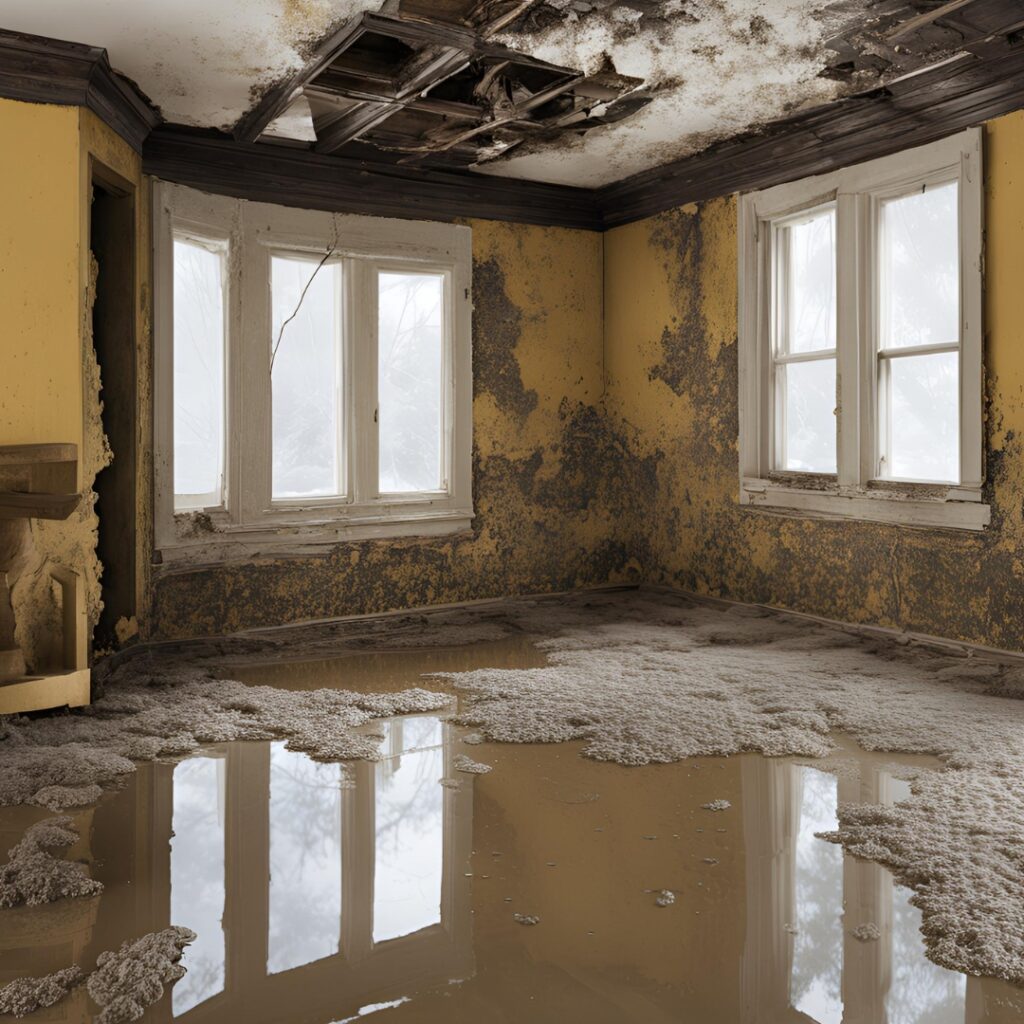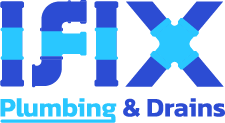
Plumbing issues in your home can start small and go unnoticed for months or even years. But before you know it, a minor problem could turn into a major disaster—damaging your property, wasting water, and draining your wallet. From leaks that cause water damage to old pipes that may suddenly burst, plumbing problems can escalate quickly. The good news is that regular plumbing inspections can help you prevent these issues, saving you from emergency repairs, costly replacements, and unexpected disasters.
While plumbing inspections might seem like an unnecessary expense, they’re actually a smart long-term investment that helps keep your home safe, your system running smoothly, and your finances intact. In this blog post, we will explore the many reasons why you should consider regular plumbing inspections for your home. We’ll discuss how these inspections can improve your plumbing system’s efficiency, reduce water waste, increase your property’s value, and protect your home from costly repairs and damage.
Why Plumbing Inspections Are Crucial for Homeowners
When it comes to your home’s plumbing system, prevention is key. Plumbing systems are complex, and many issues develop slowly over time. Unfortunately, most homeowners don’t realize there’s a problem until it’s too late. That’s why regular plumbing inspections are so important. Here’s a look at some of the top reasons why you should make plumbing inspections part of your routine home maintenance plan.
1. Early Detection of Potential Issues
Plumbing problems don’t usually happen overnight—they develop gradually. Many issues, such as leaks, blockages, or corrosion, are not immediately noticeable to the homeowner. These problems often hide behind walls, under floors, or in areas you don’t frequently inspect. Without regular check-ups, these issues can go unnoticed until they cause significant damage.
A professional plumbing inspection involves an in-depth examination of your plumbing system by an experienced plumber who can spot potential issues before they turn into major problems. Here’s what a plumber may identify during an inspection:
- Hidden leaks that could lead to water damage and mold growth.
- Corrosion in pipes or fixtures that could cause structural weakness or failure.
- Water pressure problems that could signal underlying issues with your plumbing.
- Clogged or blocked drains that could lead to a backup, causing water damage or health risks.
- Aging water heaters that could break down unexpectedly, leaving you without hot water.
Identifying these problems early helps homeowners avoid expensive emergency repairs and gives them time to fix the issues before they become a crisis.
2. Prevent Water Damage and Mold Growth
Water damage can have devastating consequences for your home. Leaks in your plumbing system can lead to water seeping into walls, ceilings, floors, and even your home’s foundation. In turn, this moisture creates the perfect breeding ground for mold and mildew, which can be hazardous to your health.
By scheduling regular plumbing inspections, you minimize the risk of undetected leaks that could lead to expensive water damage. Professional plumbers are trained to find even the smallest leaks and areas of excessive moisture that may indicate a plumbing issue. Taking care of these problems early ensures your home remains safe and dry, preventing the costly and potentially dangerous consequences of water damage and mold growth.
3. Increase the Lifespan of Your Plumbing System
The average lifespan of a home’s plumbing system is around 50 years, but without proper maintenance, this lifespan can be significantly reduced. Over time, pipes can corrode, fittings can loosen, and connections can weaken. If not addressed, these issues can lead to plumbing failures, requiring costly replacements of pipes, fixtures, and appliances.
Regular plumbing inspections help extend the lifespan of your system by identifying parts that need attention before they fail. A plumber will check your pipes, water heater, faucets, and other plumbing components for signs of wear, corrosion, or failure. This early intervention ensures that your plumbing system continues to work efficiently for years, preventing premature breakdowns and the need for expensive replacements.
4. Save Money on Emergency Repairs
It’s easy to ignore small plumbing issues when they don’t seem urgent, but this can lead to serious consequences. A small leak may not appear to be a big deal, but it can eventually cause water to pool in your basement or damage your walls, floors, and belongings. The cost to fix a flood or a broken pipe is far greater than the price of a regular plumbing inspection.
Regular inspections allow plumbers to identify and address potential issues before they escalate. By catching problems early, homeowners can avoid emergency plumbing situations, saving them from major repair bills. The cost of a routine inspection is a small price to pay compared to the expenses associated with water damage, foundation issues, or burst pipes.
5. Improve Water Efficiency and Reduce Utility Bills
Plumbing systems that aren’t functioning efficiently waste water, leading to higher utility bills. In many cases, leaking faucets, running toilets, and poorly insulated pipes waste large amounts of water every day. In fact, a single leaky faucet can waste up to 3,000 gallons of water a year! Over time, these inefficiencies can drive up your water bill, putting a strain on your household budget.
A plumbing inspection can uncover these issues and help you take steps to improve your system’s efficiency. A plumber may suggest replacing outdated fixtures with water-saving options, repairing leaks, or installing insulation around pipes to reduce heat loss. Addressing these inefficiencies can lower your water bills, save you money, and even reduce your environmental impact.
6. Ensure the Safety of Your Family
Your plumbing system plays a critical role in ensuring the health and safety of your home. Plumbing systems carry water into your home and remove waste, and any issues can pose serious risks to your health and the safety of your family. For example, an old or damaged sewer line can leak harmful bacteria into your home’s water supply. A clogged drain may lead to wastewater backup, bringing contaminants into your living space.
Regular plumbing inspections are essential for identifying and addressing safety concerns. By ensuring that your system is in good working order, you help protect your family from harmful contaminants and health hazards.
The Long-Term Financial Benefits of Plumbing Inspections
Regular plumbing inspections are a small investment that can provide significant returns. Here are some of the long-term financial benefits that homeowners can enjoy by prioritizing routine plumbing checkups.
1. Prevent Costly Emergency Repairs
The cost of fixing a major plumbing emergency—such as a burst pipe, water heater failure, or sewer line backup—can easily run into thousands of dollars. However, by investing in regular plumbing inspections, you’re significantly reducing the likelihood of facing such emergencies. A plumbing inspection can uncover issues while they are still small and manageable, preventing them from becoming a financial burden later.
2. Increase Home Value
Regular plumbing inspections can even boost the value of your home. When selling a home, potential buyers want to know that the plumbing system is in good working order. A history of regular plumbing inspections and maintenance can give buyers peace of mind, knowing that they won’t face unexpected plumbing issues shortly after moving in. Homes with well-maintained plumbing systems often sell faster and for higher prices, making inspections a smart investment if you plan to sell in the future.
3. Avoid Unnecessary Repairs
Another benefit of plumbing inspections is that they help prevent unnecessary repairs. When a plumber inspects your system, they can offer advice on which issues need immediate attention and which ones can wait. This ensures you’re only paying for repairs that are absolutely necessary, helping you avoid wasting money on repairs that don’t add value or improve the performance of your plumbing system.
What to Expect During a Plumbing Inspection
A professional plumbing inspection typically involves the following steps:
- Visual Inspection of Exposed Pipes
The plumber will examine all visible pipes in your home, checking for signs of corrosion, leaks, or wear. - Water Pressure Testing
Plumbers will test the water pressure throughout your home to ensure the system is balanced and working efficiently. - Drain and Sewer Line Check
A thorough inspection of your drains and sewer lines will be performed to check for blockages, leaks, or signs of damage. - Water Heater Evaluation
Your water heater will be checked for leaks, corrosion, and efficiency. The plumber may recommend a replacement if it’s near the end of its lifespan. - Fixture and Appliance Check
The plumber will check all faucets, toilets, showerheads, and other plumbing fixtures for leaks or damage. - System Efficiency Review
The plumber will assess your plumbing system for overall efficiency, offering suggestions for improving water flow or reducing waste.
How to Choose a Professional Plumbing Service
To get the most out of your plumbing inspection, it’s important to choose the right plumbing service. Here’s how to find a reliable professional:
- Check for licensing and insurance: Ensure the plumber is licensed and insured to protect yourself from liability.
- Look for experience and reputation: Choose a plumber with years of experience and a good track record in your area.
- Transparent pricing: Find a plumber who provides clear, upfront pricing so you won’t be surprised by hidden fees.
- Comprehensive services: Select a plumber who offers thorough inspections and maintenance to ensure your plumbing system is in top condition.
When it comes to home maintenance, regular plumbing inspections are one of the smartest investments you can make. These inspections help identify potential problems before they escalate, prevent costly water damage, increase the lifespan of your plumbing system, and save you money on emergency repairs. They also help ensure your home’s plumbing system is working efficiently, which can lower your utility bills and enhance the safety of your home.
By scheduling regular plumbing inspections, you’re not only taking proactive steps to protect your home but also making a sound financial decision. Don’t wait for plumbing issues to surprise you—invest in a professional plumbing inspection today to keep your home safe, efficient, and free of costly plumbing problems for years to come.
Frequently Asked Questions
It’s recommended to have a plumbing inspection at least once a year. However, if your home is older or you experience issues like low water pressure or leaks, you may want to schedule inspections more frequently.
A plumbing inspection typically includes checking for leaks, testing water pressure, inspecting drains and sewer lines, evaluating water heaters, and assessing the overall condition of pipes and fixtures for damage or corrosion.
Plumbing inspections generally cost between $100 and $300, depending on your location, home size, and plumbing complexity. It's a small investment compared to potential repair costs.
A well-maintained plumbing system can boost your home's value, as potential buyers will feel more confident knowing that the system has been regularly inspected and maintained.
